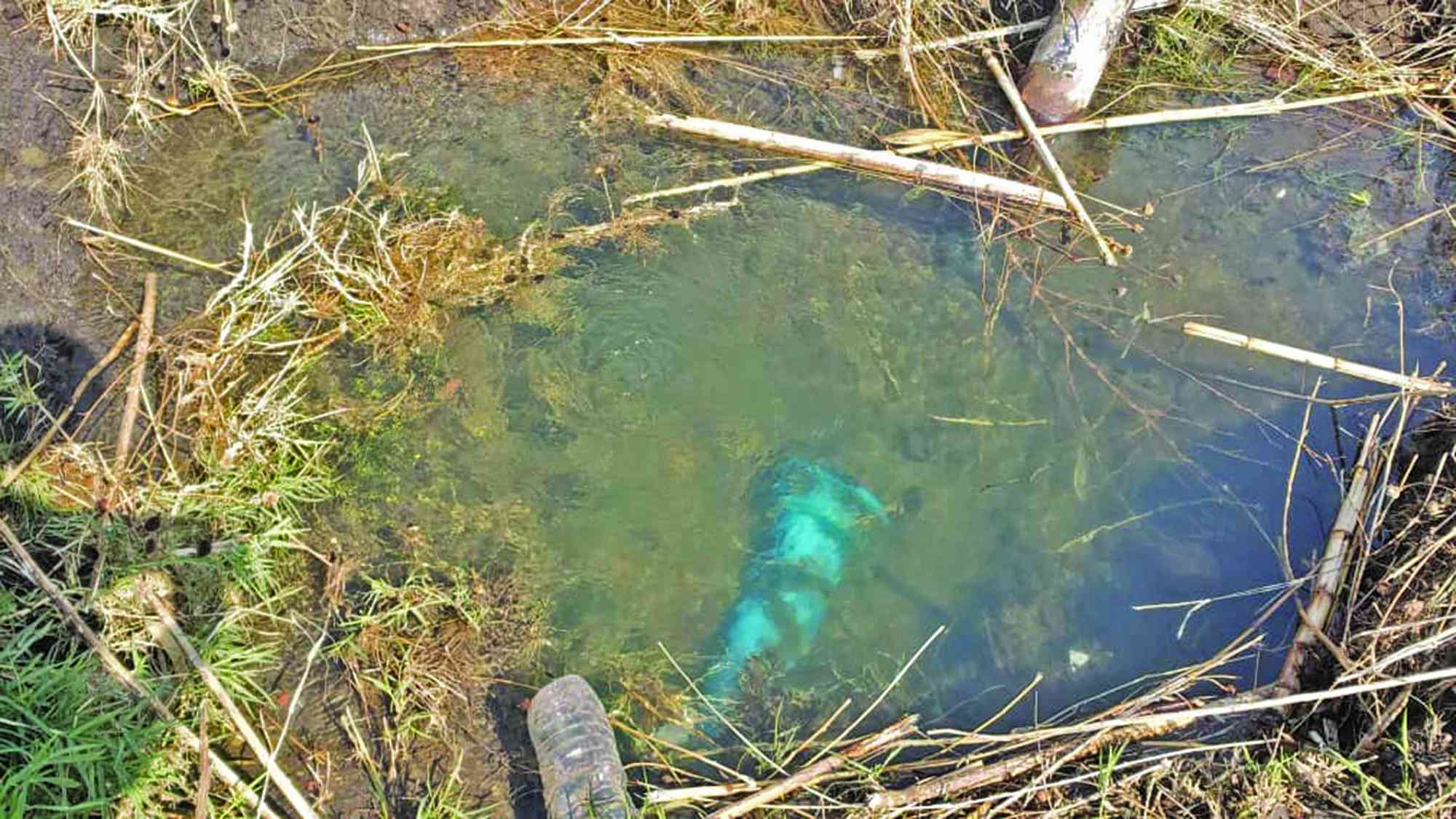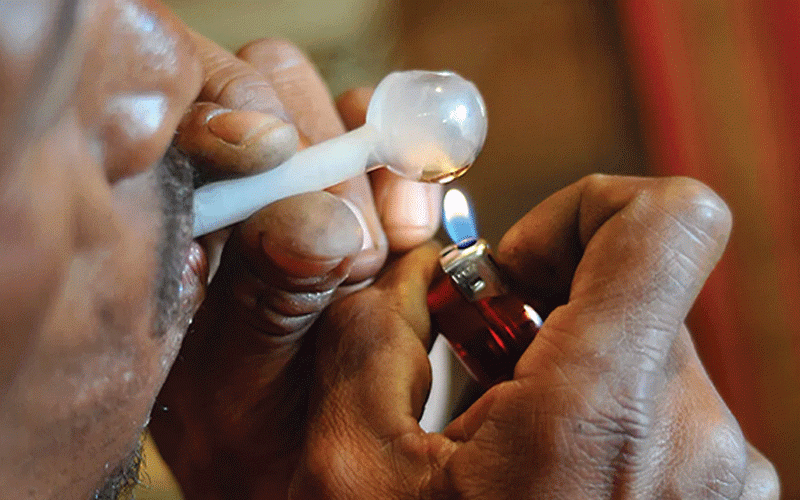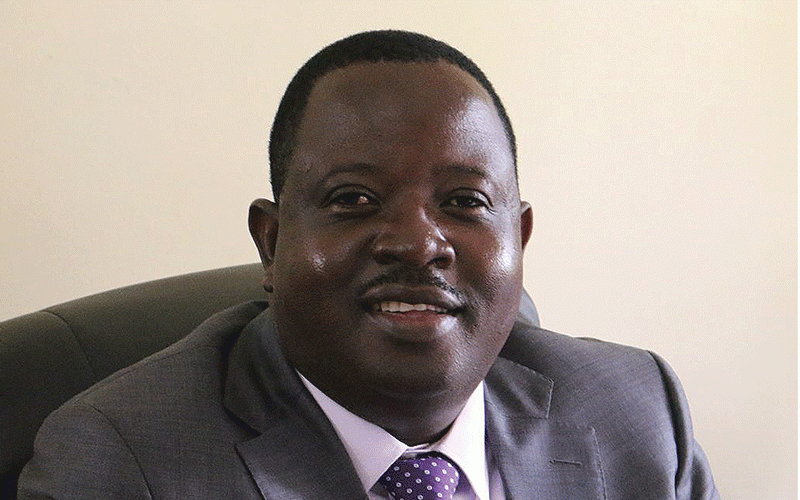
HARARE City Council is under fire for failing to replace outdated pipes in Kuwadzana, which has caused a water crisis in the high-density suburb, a situation which could spark a cholera outbreak, NewsDay has learnt.
Kuwadzana residents have gone for a week without tap water.
NewsDay visited the area, where residents have resorted to unsafe sources as they search for the precious liquid.
Zimbabwe is reeling from a cholera outbreak since February 2023, with 34 550 suspected cases and over 600 deaths having been recorded by yesterday morning.
Residents told this NewsDay that they are living in fear of a cholera outbreak as council has failed to replace old pipes.
“We are ratepayers and we need to have our service, we want our water on time, but as you can see this pipe, has been left unattended to since Monday and today it is Sunday. Where do you think we get water?” a resident asked rhetorically, opting to speak on condition of anonymity.
“We have now resorted to these unsafe sources because we have no option and if we go to boreholes, there will be long queues, meaning we will spend hours there. Council has failed us as residents and you can see for yourself, there is sewage flowing everywhere and we have children. It is now a death trap.”
Another resident, who identified himself as Chatikobo, asserted that government needed to step in and compel council to carry out its duties.
- Harare cancels Pomona waste deal
- Devolution gains remain a mirage
- Harare cancels Pomona waste deal
- Pomona saga: Harare handed shock US$750k ‘garbage’ bill
Keep Reading
“It is clear that council has failed. We need government to intervene because it is not only the issue of water that is affecting us, but we have sewage and heaps of uncollected garbage everywhere.
“Even if you report, they will say you did not report. And we feel the council top brass is not doing enough to enhance service delivery,” Chatikobo said.
Decades of chronic underfunding of water infrastructure is putting the city at the risk of a cholera outbreak.
However, council spokesperson Stanley Gama on Friday said a team had been to the area to assess the situation, adding that the water crisis would be resolved the following day.
“Our team has been to the area for assessments and today, the manager (is set) to acquire all the spares needed. Work is expected to be completed tomorrow (yesterday),” Gama said.
“We are attending to many water pipe bursts because our water lines are old and need to be replaced. We have in excess of 5 000km of old pipes which need to be replaced and as you might be aware, this is a huge capital project. So council is trying to find ways to fund the mammoth project to replace the old water pipes.”
NewsDay yesterday visited the area again on, but work had not started.
Although, the presidential borehole drilling scheme in residential areas has to some extent lessened the water crisis, water scarcity is still a huge challenge in Kuwadzana.
Most of the boreholes drilled by non-governmental organisations in Harare’s high-density suburbs at the height of the cholera pandemic three years ago have broken down, forcing residents to resort to fetching water from unprotected sources.
This scenario also exposes residents to other water-borne diseases such as typhoid, dysentery and other diarrhoeal diseases.
Some of the boreholes were drilled with the assistance of Unicef and came as a respite for most residents.
According to a United Nations report, one possible source of renewed investment in water is through a better understanding of the link between water issues, water infrastructure and the climate crisis.
While trillions of dollars in investment have been poured into reducing greenhouse gas emissions around the world in the last decade through clean energy and low-carbon technology, few resources have been devoted to the water supply.











